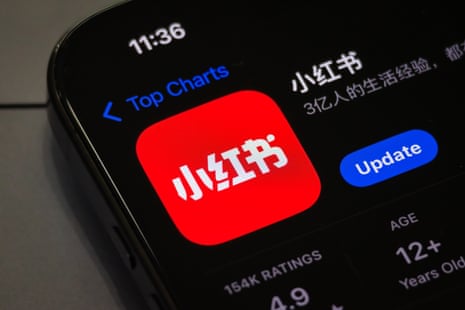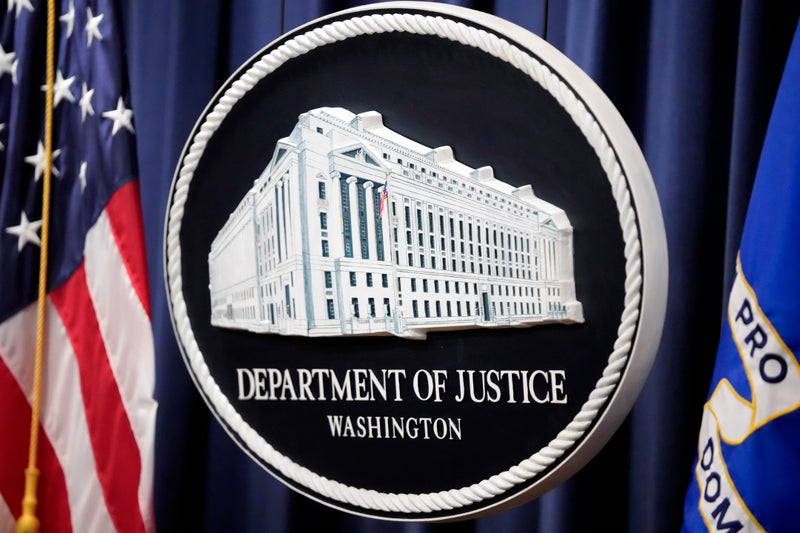On "Farmtok," agriculture gets its moment in the spotlight. What would it mean if that disappeared?
Share:
Zoe Kent hopes people get a little joy out of her talking about farming on the Internet. In one of her latest videos, she compares pesticide application to dry shampoo. “Farming is for the girls,” she quips. On Instagram and TikTok, under the handle “farmwithzoe,” Kent films herself putting on boots to load corn into a massive truck bed, posts memes about the price of grain and documents just about everything else about farm life from getting rocks stuck in her equipment to eating lunch on long days out in a combine.
Now, the future of TikTok — and “Farmtok,” as some creators call the ecosystem of farm-related influencers online — has become more uncertain, thanks to a ban the U.S. government briefly implemented on TikTok over the weekend. That was followed by the new Trump administration rescinding that ban, at least for now, but farmers are all too aware that things could change, and with them, the ways that they share farm life with the rest of the world. But most say they’ll keep adapting to whatever the platforms throw their way.
“It’s building your business on rented land, if you will,” Kent said. “It’s not guaranteed to be there.”. Even before the uncertain threat to TikTok’s future, farm creators had to contend with social media’s evolution. As algorithms changed, they faced greater challenges communicating with a public that many see as increasingly disconnected from agriculture.
But most say they’ll keep adapting to whatever the platforms throw their way. Some producers make extra money by building a following on TikTok or Instagram. Others use social media to advertise to local customers like restaurants or farmers’ markets. Perhaps most importantly, they want to continue to build community with other farmers in the face of industry challenges like the toll of the profession on mental health, economic pressure and climate change.






















